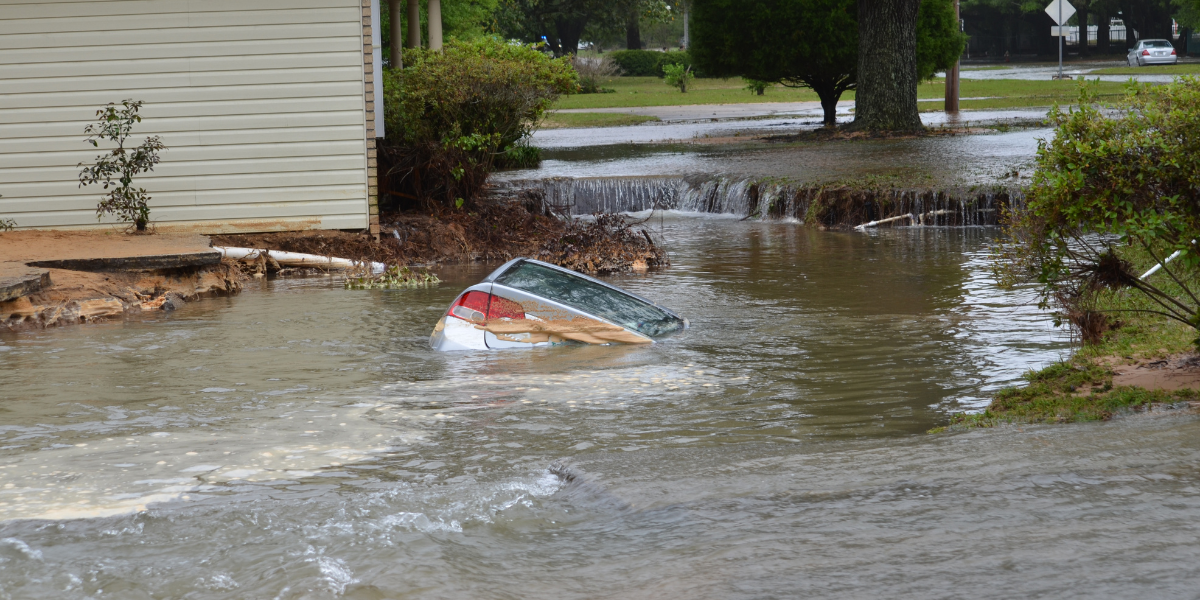
Water Damage Insurance Claim Tips for Flood Victims
Floods are one of the most devastating natural disasters that can strike a community, causing extensive damage to homes, businesses, and infrastructure. In the aftermath of a flood, homeowners and business owners are often left to deal with the daunting task of filing an insurance claim to cover the cost of repairs and restoration.
However, navigating the complex process of filing a water damage insurance claim can be overwhelming, especially for those who have never experienced a flood. In this article, we will provide helpful tips and advice for flood victims to ensure they receive the maximum compensation for their losses. By following these flood damage insurance claim tips, flood victims can recover more quickly and get back to their everyday lives.
Types of Water Damage Insurance Claims
The most common type of water damage is flooding, which, unfortunately, isn’t covered by traditional property insurance policies. Instead, you must purchase separate flood insurance to cover these increasingly frequent natural disasters. One way to do this is through the National Flood Insurance Program, created by the United States government to provide affordable insurance to property owners and encourage communities to adopt and enforce floodplain management regulations.
Outside of flooding, your property insurance policy may cover other types of water damage, subject to certain conditions. These include water damage from sewer backups, clogged toilets, heavy rain, snowmelt, roof leakage, foundation cracks, plumbing leaks, pipes bursting, and appliances breaking.
Items like your home’s structure, other buildings like sheds and garages, and personal belongings may be covered by your flood policy, although it’s always a good idea to check. Additionally, if water damage displaces you, coverage known as loss of use coverage may cover temporary lodging, meals, and expenses.
When Is Water Damage Covered/Not Covered
Regarding the potential coverage items discussed above, home insurance generally covers water damage if it is sudden or accidental. In other words, a surprise and not something you knew or could reasonably have predicted might happen. It can’t be from a problem you ignored, such as failing to replace a roof far past its prime or failing to call a plumber for a routinely clogged toilet. Specifically, here are the scenarios where insurance companies may try to exclude – or not provide – coverage for water damage:
- Gradual damage which has occurred over a length of time
- Damage from improper maintenance or other negligence
- Damage from flooding
- Damage from sewer or septic backup if it built up (literally) for a long time

Flood Damage Insurance Claim Tips
When filing a flood damage or water damage insurance claim, here are some best practices flood damage insurance claim tips, and water damage insurance claim tips, to use and rely on:
- File your claim quickly, especially since many other claimants may be similarly affected at the same time, such as after a flood
- Move undamaged possessions out of harm’s way to not aggravate your damages
- Document all damages, with photos and written records wherever possible
- Drain standing water to prevent further damage
- Dry water-logged areas to avoid more damage and stop mold from forming
- Maintain damaged property (preferably in a secure separate area) for proof
- Begin to salvage your possessions and recover your peace of mind
Get Legal Help with Filing a Water Damage Claim Today
As professionals who help clients interpret insurance policies, understand their rights, and recover on their losses every day, the Houston insurance attorneys at MMA Law Firm know how to put into practice the flood damage insurance claim tips and water damage insurance claim tips discussed above to get their clients results. Our attorneys are standing ready to assist clients with insurance claims in Texas.
Contact our team today so that we can help you.
This blog published by MMA Law Firm is available for informational purposes only and is not intended to be legal advice on any subject matter. The content available on this website may not constitute the most up-to-date legal or other information.